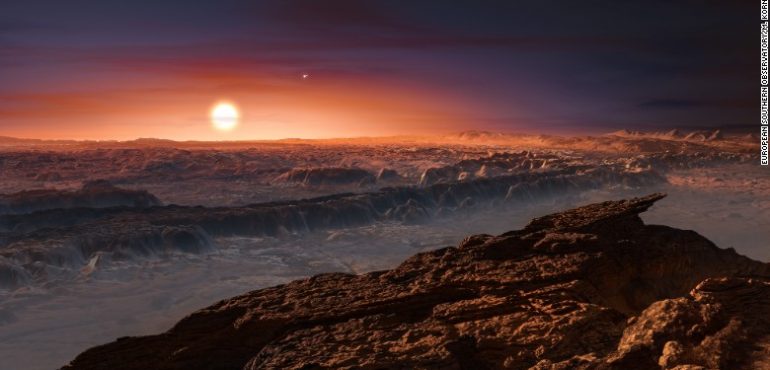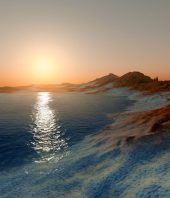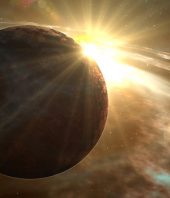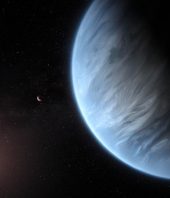You may want to get used to the name Ross 128 b. The newly discovered exoplanet is the second-closest found to our solar system, only 11 light-years away. And it could support life.
Announcements about exoplanets, those found outside our solar system, seem almost commonplace in this golden age of discovery for astronomers. So why is Ross 128 b unique -- apart from its rather human-sounding name?
The planet is about the same size as Earth, and it may have a similar surface temperature, making it a temperate world that could support life.
Every 9.9 days, it completes an orbit around its host star, Ross 128, which is what's known as a red dwarf star: They're the coolest, faintest and most common stars found in the universe.
Because of their plentiful nature and the fact that other exoplanets have been found around these types of stars, red dwarfs are being studied and observed with increasing frequency in the hopes of finding more exoplanets.
Source: CNN, Full Article






